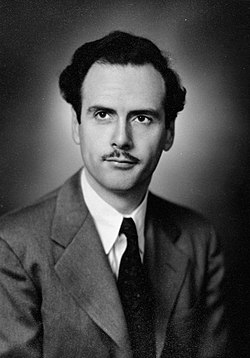Marshall McLuhan Quote
It is just when people are all engaged in snooping on themselves and one another that they become anesthetized to the whole process. Tranquilizers and anesthetics, private and corporate, become the largest business in the world just as the world is attempting to maximize every form of alert. Sound-light shows, as new cliché, are in effect mergers, retrievers of the tribal condition. It is a state that has already overtaken private enterprise, as individual businesses form into massive conglomerates. As information itself becomes the largest business in the world, data banks know more about individual people than the people do themselves. The more the data banks record about each one of us, the less we exist.
It is just when people are all engaged in snooping on themselves and one another that they become anesthetized to the whole process. Tranquilizers and anesthetics, private and corporate, become the largest business in the world just as the world is attempting to maximize every form of alert. Sound-light shows, as new cliché, are in effect mergers, retrievers of the tribal condition. It is a state that has already overtaken private enterprise, as individual businesses form into massive conglomerates. As information itself becomes the largest business in the world, data banks know more about individual people than the people do themselves. The more the data banks record about each one of us, the less we exist.
Related Quotes
About Marshall McLuhan
McLuhan coined the expression "the medium is the message" (in the first chapter of his Understanding Media: The Extensions of Man), as well as the term global village. He predicted the World Wide Web almost 30 years before it was invented. He was a fixture in media discourse in the late 1960s, though his influence began to wane in the early 1970s. In the years following his death, he continued to be a controversial figure in academic circles. However, with the arrival of the Internet and the World Wide Web, interest was renewed in his work and perspectives.
